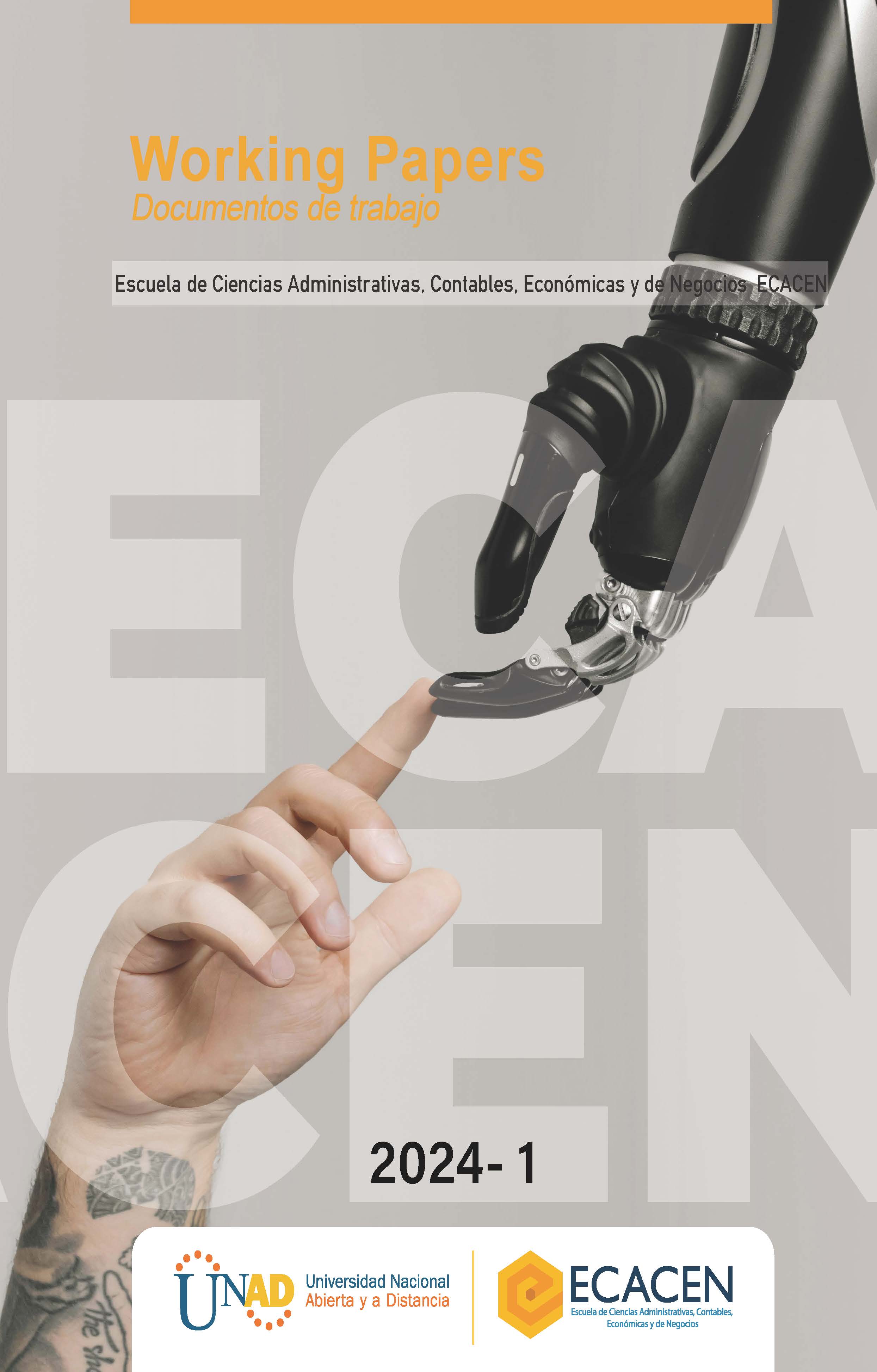ECONOMIC, AGRO-ECOLOGICAL, ANCESTRAL AND SOVEREIGN REFERENCE AS DEFENSE OF THE PEASANT RESERVE AREA IN THE SAN ISIDRO TRAIL, IN PRADERA, VALLE DEL CAUCA, COLOMBIA -2024
Studies such as that of Valdés et al. (2010), show that the moderate growth of agriculture in the country has contributed to the reduction of poverty; when comparing this with other Latin American countries, these advances are insufficient since there is still a large part of the Colombian rural population that lives in poverty.
By having an agroecological, sovereign and ancestral food economic reference, defense is generated for the Peasant Reserve Zone in the San Isidro village, Pradera, Valle del Cauca, Colombia, where the answer is to the problems generated by inequitable conventional models and the social, economic, and environmental challenges faced by various communities in our country and are not foreign to the community under study whose name is San Isidro.
The importance of current trends in returning to the countryside, protecting food sovereignty, being self-sustainable, having successful agroecological practices, as a particular and grounded reference that leads the ancestral culture and the well-being of Colombia and its communities with respect to tradition, is highlighted. culture and economy, without separating them from their natural context that provides support for economic stability and sustainability. Ensuring the sovereignty of the communities will generate good practices, productive alternatives, food sovereignty, social economic and solidarity, as references that can be adapted by other rural communities and their actors interested in moving towards the new rural flourishing.
With support for the community of San Isidro, we contribute to environmental justice by analyzing and proposing solutions for the responsible and community management of water and the planning of the territory around citizen participation, defense and protection of nature, contributing to sovereignty. food security of the communities in the territory, through the preservation of ancestral sustainable agroecological practices, which mitigate or avoid the environmental and food crisis. In this context, the culture of cooperation, solidarity, regional integration, economic flourishing and the promotion of peace is highlighted.





